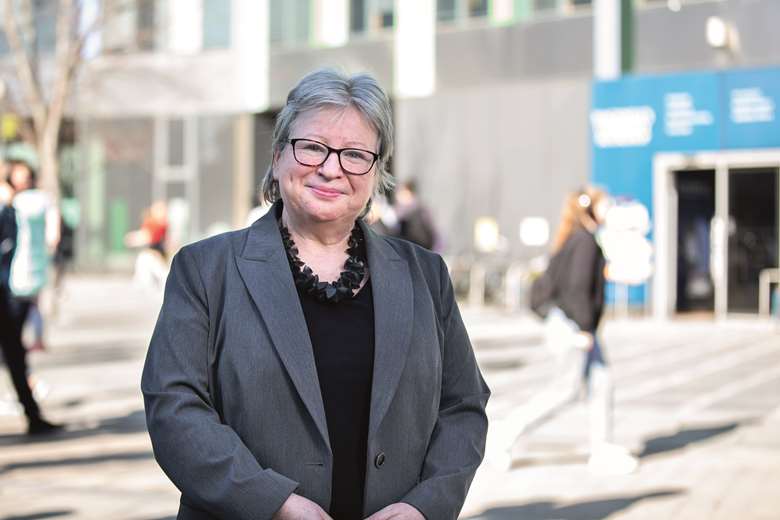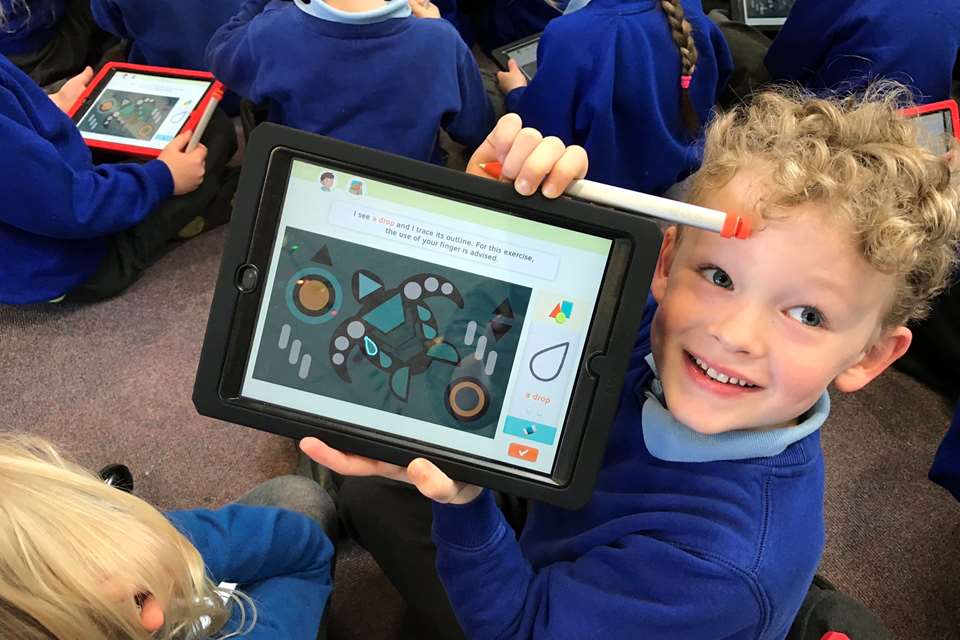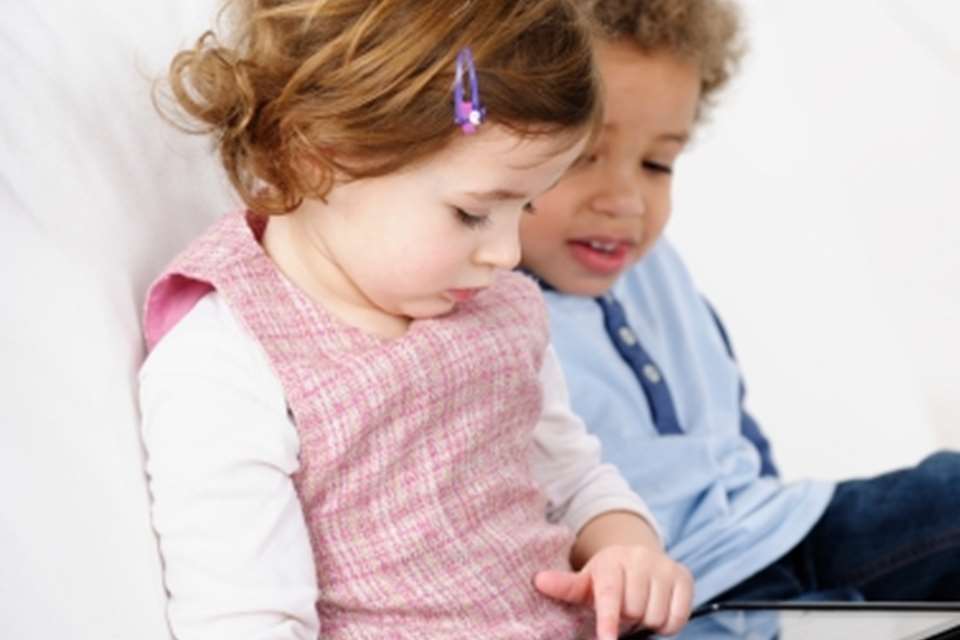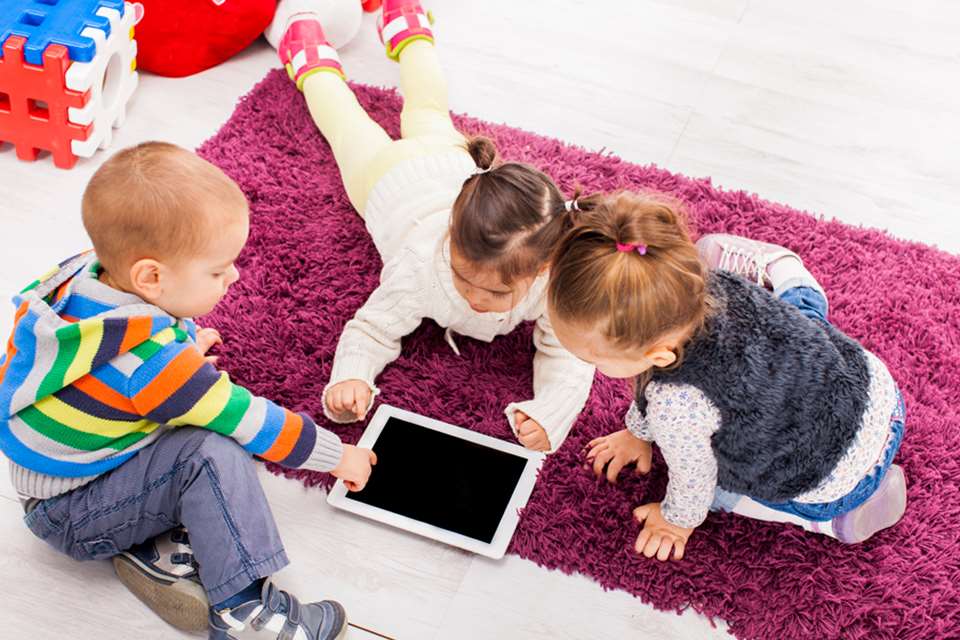Interview: Jackie Marsh
Jackie Marsh
Tuesday, April 7, 2020
Professor of education at the University of Sheffield, and chair of the DfE’s expert panel, which has accredited apps for home learning on the Hungry Little Minds website. This gives parents access to video tips, advice and suggested games to help with early learning for their children from birth to five.

WHAT CRITERIA DID YOU USE WHEN CHOOSING WHICH APPS TO INCLUDE?
The criteria were developed following a thorough review of the literature in this area. The panel then shared the draft criteria with teachers, researchers, app developers and parents in order to receive their feedback, before deciding on the final set of criteria.
The criteria focused on five areas – educational content, in-app support for learning and development, interaction, engagement, and design.
We developed a ‘FEED check’, which summarises key criteria for parents:
Fun – Will your child enjoy the app? Will it keep their attention?
Educational – Is there a clear educational aim? Do you know what your child will learn? Will it keep them learning and allow them to progress?
Engaging – Will it help your child if they get stuck? Will it give them feedback and let them know when they have got challenges right?
Design – Is it attractive and easy to use? Is it inclusive and does it avoid gender and racial stereotypes? Can an adult change the settings? Is it safe, with links to the internet and adverts protected behind a parental gate?
WHAT FEATURES DO THE BEST APPS FOR PRE-SCHOOL CHILDREN HAVE?
As the criteria indicate, apps have to be well-designed, visually appealing, clear in their aims and engaging for children to use.
Key features that are important for the early years include a simple interface without a lot of text that children can learn to use independently, and signs and symbols that are unambiguous. It is also important to have features that scaffold children’s learning, such as visual or oral prompts if there is too long a pause before a child gives a response to a question or command, which might indicate that he or she is not clear what to do next.
The use of positive feedback to the child can be very motivating, and if the app can be personalised to meet the educational needs and interests of the child, this is beneficial for their learning.
It is also important that children have a balance between using apps that shape the experience to a large extent, such as games or apps that teach specific skills, and using apps that are more open-ended, which offer opportunities for children to play and be creative.
WITH SO MUCH DEBATE ABOUT HOW MUCH TECHNOLOGY IS TOO MUCH FOR YOUNG CHILDREN, WHAT ADVICE DO YOU HAVE ABOUT STRIKING THE RIGHT BALANCE?
There is no ‘one-size-fits-all’ approach to this question, as each individual child is different, and what works for one child may not work for another. However, there are some principles that can help parents:
It is important to focus not so much on screen time, but screen use. What is the quality of media content that is being accessed and used? If it is of limited value, then children need to be guided to better-quality content, although it is worth noting that what might seem at first glance to be of limited value may actually offer a range of learning and development opportunities for a child. It may be of value for parents to consult sites that offer guidance on good-quality resources, such as Hungry Little Minds, the National Literacy Trust’s LiteracyApps site, and Common Sense Media.
Identifying that quality of use is of prime importance does not mean that it is fine for children to use screens for hours on end. Children need a balance of activities, including physical. Having discussions with children about how to achieve this balance is of value as then they can have a voice in how this is managed, and the amounts of time to be spent on each activity can be agreed. This helps develop self-regulation in the use of digital devices, which will be of value as they get older.
Parents could seek opportunities to link young children’s digital interests with offline activities. For example, if children love playing on apps that feature dinosaur characters then parents could encourage them to draw their favourite digital dinosaur characters, or create dinosaur models from junk cardboard and Sellotape. This could also include physical challenges, such as dinosaur tig.
WHAT ABOUT USING TABLETS IN THE CURRENT CRISIS, WITH SO MANY MORE CHILDREN AT HOME ALL DAY?
The use of digital devices could be an important part of a child’s daily activities, although of course this would need to be balanced by opportunities to engage in non-digital activities also.
This provides an opportunity for some creative thinking about the links that could be made between the two domains. Again, discussing with children the time limits for the use of devices, and how this use could fit in with other activities, would be useful. Some families are developing timetables in order to provide structure for the day, so time using apps could feature in this. Getting the balance between use of games and close-ended apps, and opportunities to use open-ended apps that foster creativity, such as drawing or film-making, would be helpful.
Parents may have a number of children to care for at home, so it might not be practical to engage in one-to-one interactions on apps, but where this is possible it is of great value. Children’s learning on apps is supported through such interactions.
Finally, given that these are challenging times for families and children, not all use of digital devices should necessarily be educational in nature. Children will need play and ‘downtime’, and so being able to play games that are not primarily focused on learning, but also offer entertainment opportunities, could be important for their relaxation and well-being.
MORE INFORMATION
Guidance for parents
Digital parenting with younger children









